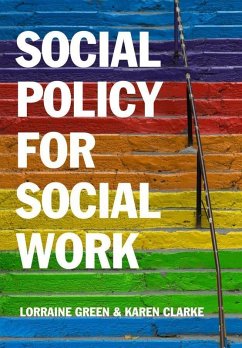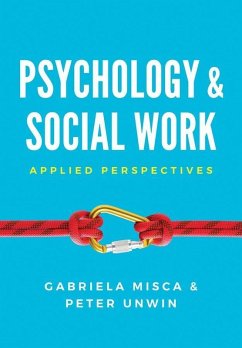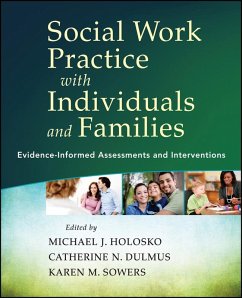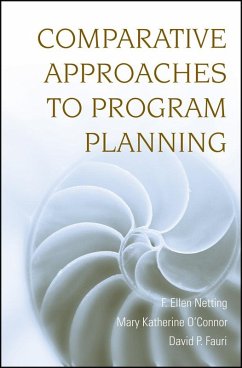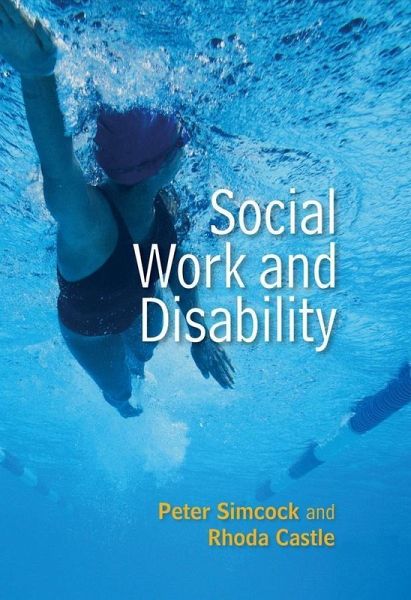
Social Work and Disability (eBook, ePUB)

PAYBACK Punkte
0 °P sammeln!
Social Work and Disability offers a contemporary and critical exploration of social work practice with people with physical and sensory impairments, an area that has previously been marginalized within both practice and academic literature. It explores how social work practice can, and indeed does, contribute to the promotion of disabled people s rights and the securing of positive outcomes in their lives. The book begins by exploring the ways in which disability is understood and how this informs policy and practice. Opening with a thought-provoking account of the lived experience of a disabl...
Social Work and Disability offers a contemporary and critical exploration of social work practice with people with physical and sensory impairments, an area that has previously been marginalized within both practice and academic literature. It explores how social work practice can, and indeed does, contribute to the promotion of disabled people s rights and the securing of positive outcomes in their lives. The book begins by exploring the ways in which disability is understood and how this informs policy and practice. Opening with a thought-provoking account of the lived experience of a disabled person using social work services, it goes on to critically analyse theory, policy and contemporary legislative change. Inequality, oppression and diversity are the focus of the second section of the book, while the remainder offers an in-depth exploration of the social work practice issues in disability settings, notably work with children, adults and safeguarding. Service-user and carer perspectives, case profiles, reflective activities and suggestions for further reading are included throughout. Social Work and Disability will be essential reading for social work students and practitioners. It will also be of interest to service users and carers, students on health and social care courses, third-sector practitioners and advocates.
Dieser Download kann aus rechtlichen Gründen nur mit Rechnungsadresse in A, B, BG, CY, CZ, D, DK, EW, E, FIN, F, GR, HR, H, IRL, I, LT, L, LR, M, NL, PL, P, R, S, SLO, SK ausgeliefert werden.



